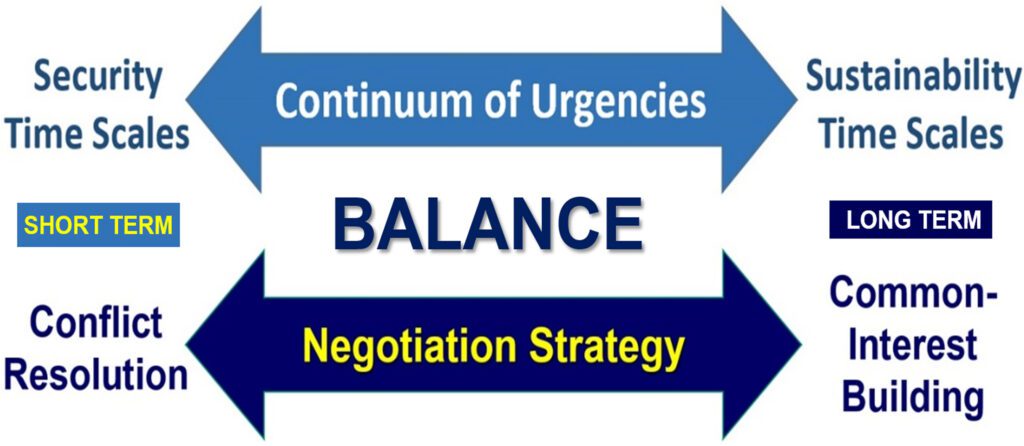The Herbert C. Kelman Seminar on International Conflict Analysis and Resolution series is sponsored by the Program on Negotiation at Harvard Law School and The Weatherhead Center for International Affairs. The seminar considers ways to strengthen the capacity to prevent, resolve, and transform ethnonational conflicts.
Part One of a two-part Kelman Seminar series on common-interest building in negotiation was hosted on 12 March 2024 to consider the options of Conflict or Common Interests? Negotiation Choices with Science Diplomacy. This interview dialogue with Dr. Donna Hicks (Chair of the Herbert C. Kelman Seminar) and Prof. Paul Arthur Berkman considered the origins of the field of Science Diplomacy as a “language of hope” with the natural sciences, social sciences and Indigenous knowledge. In a transdisciplinary context with science as the ‘study of change’ – there is a common framework among each of these knowledge systems, evolving over millennia for purposes of decisionmaking.
In the 21st century forward as a globally-interconnected civilization – integrated transdisciplinary considerations with inclusion are essential to make informed decisions (operating across a ‘continuum of urgencies’ short-to-long term) at subnational-national-international levels. This interview elaborated the six elements of inclusion (who, what, when, where, why and how), beyond the purposes of knowledge discovery that are taught to every child in every language around the world.
“Forever” lessons were introduced from the 1959 Antarctic Treaty, which was the first nuclear arms agreement with its framework on “matters of common interest”, enabling continuous cooperation between the United States and Soviet Union in Antarctica as well as Outer Space throughout the Cold War. Skills, methods and theory with informed decisionmaking were highlighted further to build common interests with research-into-action among allies and adversaries alike in practice, as illustrated by the first formal dialogue between NATO and Russia regarding security in the Arctic.
An important ongoing example of common-interest building is with the Global Indigenous Youth Summit on Climate Change (GIYSCC) that was first hosted in 2023 by the United Nations Institute for Training and Research (UNITAR), involving 1300+ registrants from 112+ nations across 88+ languages and partners around the world to enable in a “virtual dialogue by for and among Indigenous youth with global inclusion.” GIYSCC 2024 will be hosted by Future Earth again with Science Diplomacy Center™ coordination on 9 August 2024, circling the Earth across three 8-hour times zones in 24 hours (00:00-24:00 GMT) on the International Day of the World’s Indigenous Peoples.
Part II of this Kelman Seminar series on 23 April 2024 at 12:00 ET will focus on synergies with Indigenous youth leadership and the “rights of nature”, as heralded by GIYSCC 2023 with the invited Nature Commentary that Indigenous Youth Must Be at the Forefront of Climate Diplomacy.
For further details, please watch the interview on the Program on Negotiation YouTube channel.

